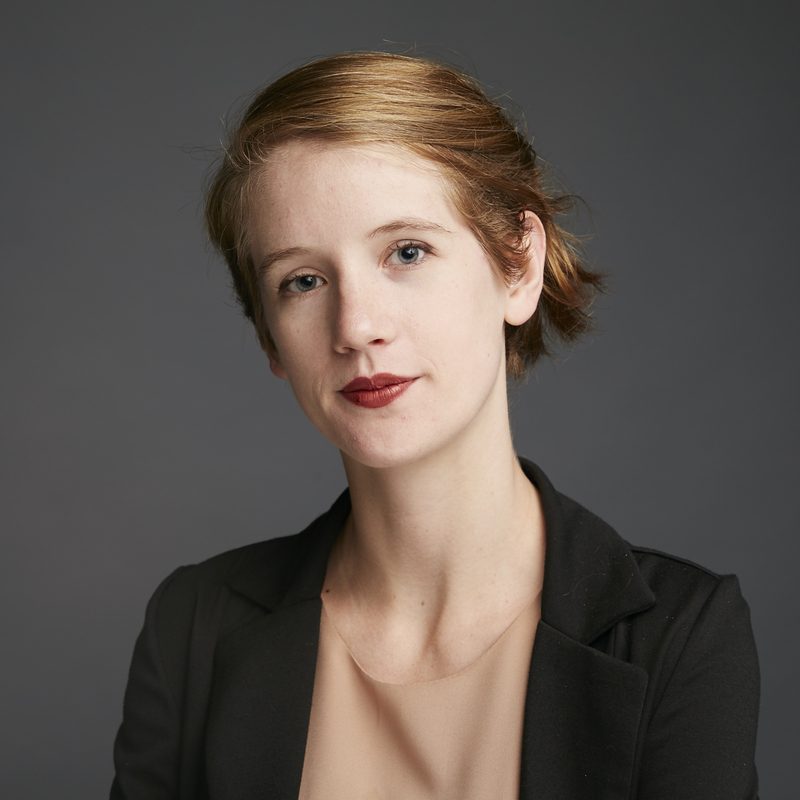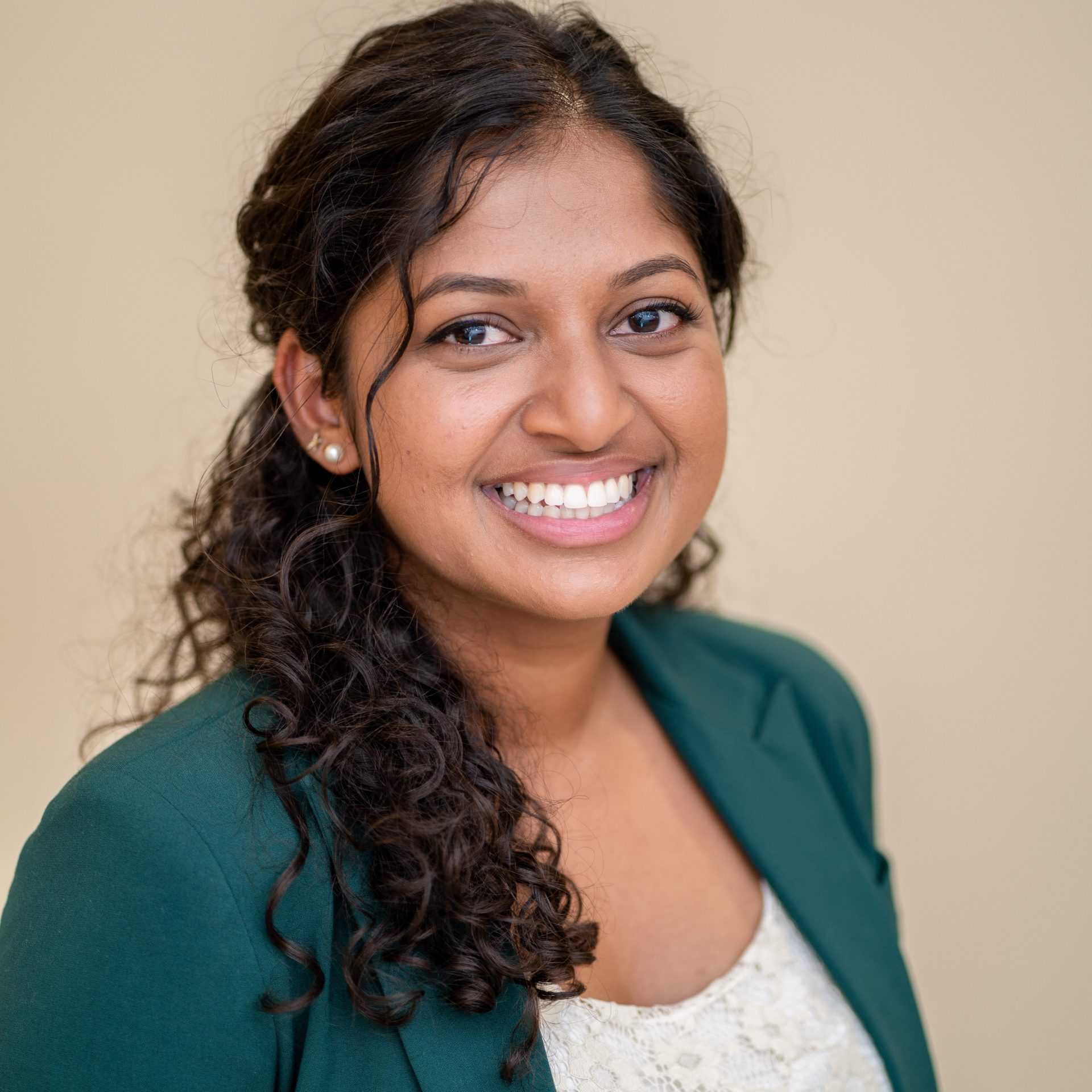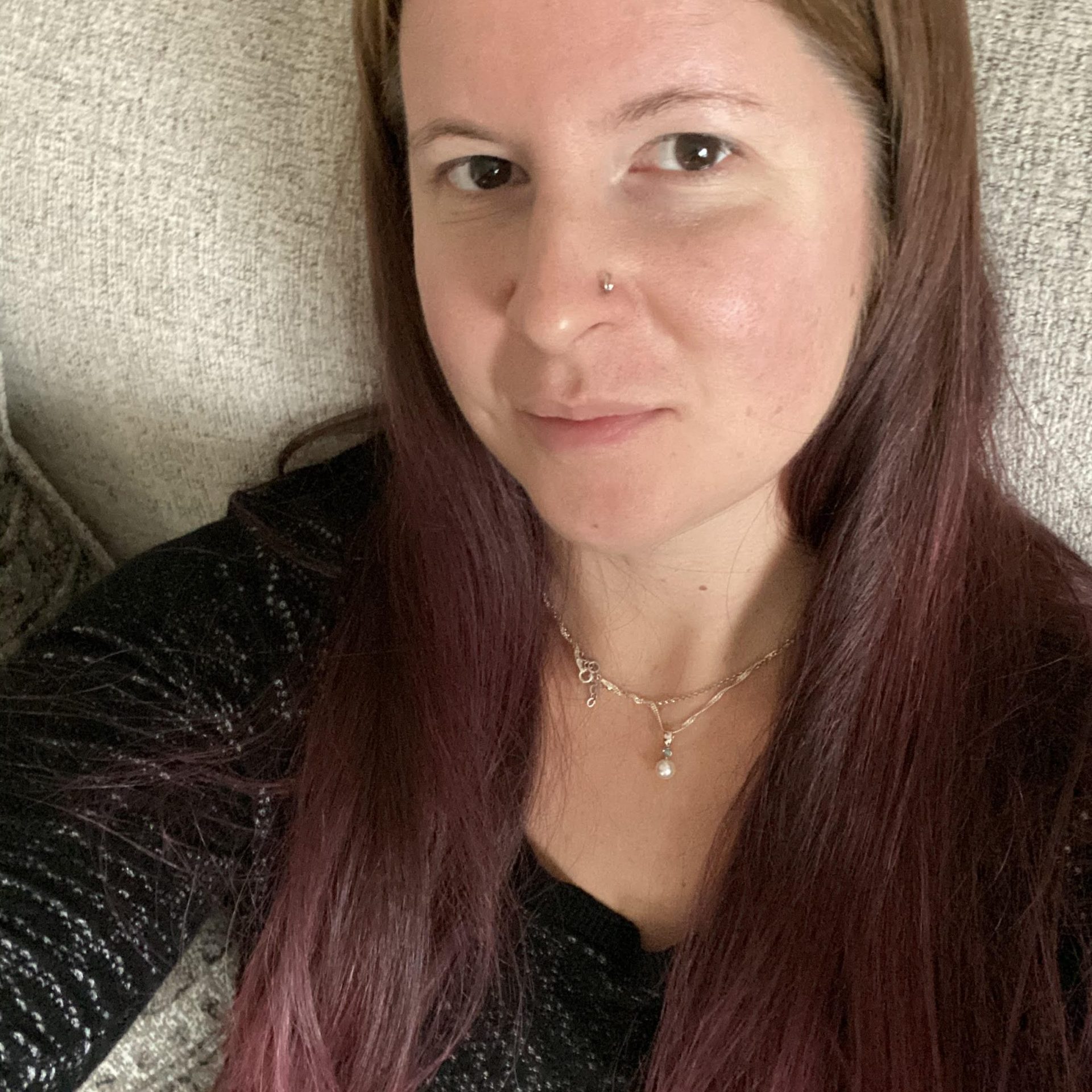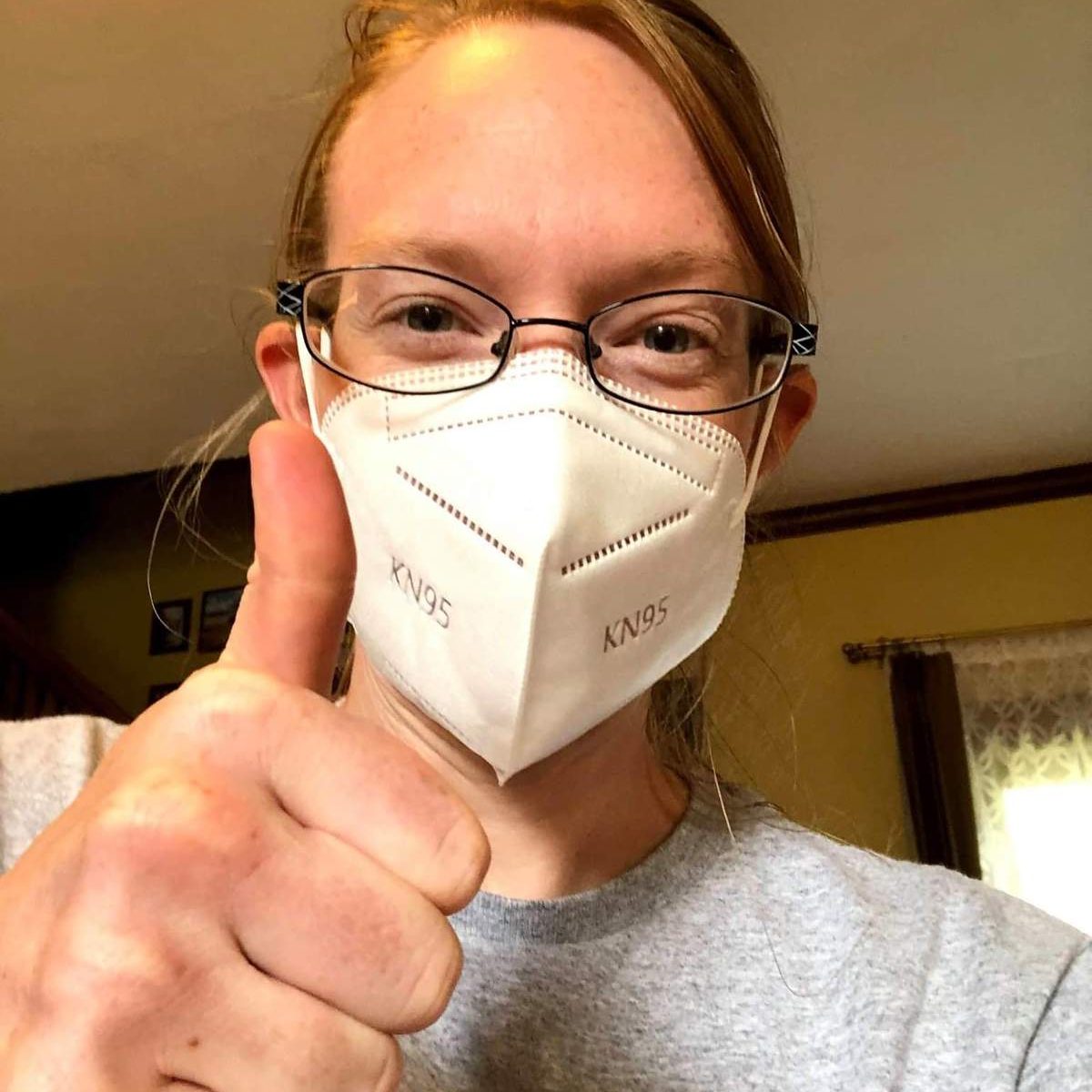Fellowship Program Testimonials

“Serving as AMSA’s Education and Advocacy Fellow is a privilege. This role is affording me the opportunity to take the time to learn about a part of medical training that is so often skimmed over in our formal education: advocacy and activism. As a future provider, I consider it paramount that I learn the art of organizing for social change; the EAF position is allowing me to take a deep-dive into exactly that. Likewise, I am beyond grateful for the opportunity to spend a year with a community of like-minded future healthcare professionals who similarly are dedicated to social change and justice.”
Mattie Renn
MS3/MS4, Columbia University College of Physicians and Surgeons
2020-2021 Education and Advocacy Fellow

“The AMSA Fellowship played a key role in the trajectory of my medical career and involvement in advocacy for health justice. This experience provided a unique opportunity to contribute to the national dialog as a voice of future physicians on key topics affecting patients including addressing the social determinants of health, accessing affordable and comprehensive health care, among many others. This program provided specific training on how to use my narrative as a physician-in-training to mobilize my colleagues in medicine around these issues and how to communicate with policymakers to affect change in communities by influencing policies that create more equitable patient health outcomes. I am forever grateful for this eye-opening experience that helped me develop the physician leadership skills that I continue to tap into on a daily basis to serve vulnerable communities. Our world needs more physicians with this type of training in order to achieve health justice. There is simply no other program like this for medical students. Please support this opportunity for future physicians like us, who are ready to advocate for a more equitable system that can only be achieved by effective organizing!”
Avanthi Jayaweera, MD
PGY-1, University of North Carolina Department of Family Medicine
2018-2019 Education and Advocacy Fellow

“My time as an AMSA fellow was one of the most enriching and exciting jobs I’ve ever had! I made so many connections which have benefited me immensely throughout my medical training and career. AMSA continues to be a beacon for progressive physicians in training as they become physician activists. The fellowship program is an incredible formative experience -one which should continue to be available for medical students.”
Aliye Runyan, MD
Family Planning and Gynecology, AMSA Reproductive Health Strategist, ScholarRx Medical Education Consultant
2012-2014 Education and Research Fellow

“I can’t say enough about how much the experience impacted me in my life as an activist, but also just as a physician. I think that the experience was invaluable; the connections are still ones that I still maintain to this day within the activist community.
I did a lot of work around drug pricing and around global AIDS funding and I still keep up with the folks that I met there and still do a lot of that work now with other organizations and within my community. So it gave me the experience and the confidence to feel like I could go and be a part of those movements that already exist but also help fledgling movements within the community to get started. And help spearhead efforts within my personal circle, too. I think that’s very important for physicians because we end up in these positions where we actually have some power. It’s important for us to know how to leverage that power to get things done for social justice. Being the EAF gave me that experience to know how to do that.
I met a ton of great medical students. I did a lot of grassroots organizing as the EAF. I ran around to a lot of our different chapters. It was a great opportunity for me to meet other AMSA chapters and see what they were doing and also to teach them; to pass on that knowledge of things like leveraging power, like power-mapping and how do we think about organizing, how do we teach people to meet with their legislators, to write op-eds. Just to start thinking of themselves as medical students, to think about the spheres of power that they’re going to encounter within medicine and how they’re going to be able to influence both. That’s our goal at AMSA: to create physician leaders who understand power differentials and how they work and understand that we have a privilege as physicians and a responsibility to use that privilege to make sure that we’re meeting social justice measures and goals. That we’re making the world a better place.
The connections that I made working at AMSA are lifelong. I made friends that I keep in touch with and are my “colleagues” and are people I call when I need to talk or are people I call when I need help with other social justice things. Matt and Daniel and Avanthi are some of my closest friends. Fellows end up being some of the most supportive people within AMSA. Because we’ve worked for AMSA, if you look back at our alumni who actively donate and are actively involved, a lot of the time it’s fellows. We’re creating a base of people that as they get older and have real life doctor money can help support money they can help support AMSA later on.
A piece of the fellowship that at least for me helped me a lot: as a person who doesn’t have much confidence in general and who imposter syndrome is the most prominent thing in my life which is extremely common especially in female medical students, being the EAF helped to develop the confidence to speak with confidence in front of people about a topic seeped into my professional life as a doctor. As the EAF, I got confident leading meetings, organizing meetings, doing people things-50% of being a doctor, coordinating people, getting them on the same page, educating; being able to talk to patients about something on a level that isn’t wonky. You learn it as the EAF. You learn how to talk to people. It ended up helping me a lot and making me feel more confident even in my professional life.
I totally felt confident doing activist stuff. I came away from the EAF year feeling like that was my world. It was actually quite difficult to go back to the clinical world because it was so fun. I was so used to it.
An important thing about being an AMSA fellow particularly is that you’re fighting for social justice things. AMSA has always been on board. It’s what AMSA’s been about from the beginning.
When you’re a fellow with AMSA, you’re also fighting the institution of medicine. I spent 15-20% of my time as the EAF making a statement against the duty hour rollback. Not only am I fighting the world, I’m also fighting my own institution that’s treating its residents like shit.
Empowering. I felt comfortable speaking out against duty hours. It’s hard how the institution of medicine is part of the problem too. You get that as the EAF. It’s hugely important.”
Alison Case, MD
Maternal Child Health Fellow, University of New Mexico Department of Family Medicine
2015-2016 Education and Advocacy Fellow
